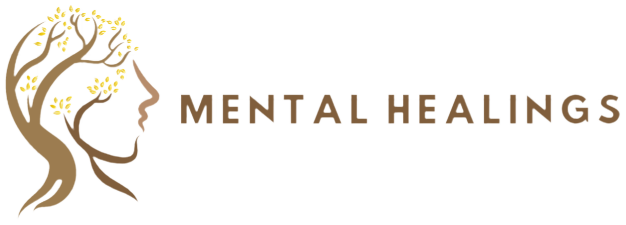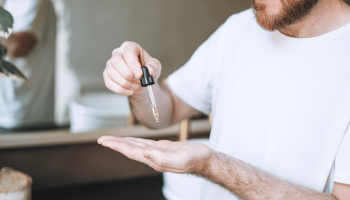
[ad_1]
By Sonja Wasden, as told to Kara Mayer Robinson
I’m a mental health advocate living with major depression.
I speak with Fortune 500 companies, women’s prisons, firefighters, police officers, drug rehabilitation centers, nonprofit organizations, and media outlets about the importance of mental health.
My hope is to break the stigma and let people know they’re not alone and can live a beautiful life despite having mental health challenges.
Common Misconceptions About Major Depressive Disorder
An important part of destigmatizing depression is breaking down common misunderstandings. While the perception of major depressive disorder is changing, many misconceptions linger.
For example, people often think depression is something you can brush off or flip like a light switch. They may say things like “cheer up” or “just be happy.” But depression isn’t a choice. It’s a feeling and it’s real.
Another misunderstanding is how it appears on the surface. Just because someone looks happy doesn’t mean they’re not struggling. Often, people with depression put on a happy face to hide it from others.
People sometimes think someone who’s struggling with depression is trying to get attention. But no amount of attention is worth the painful feelings of major depressive disorder.
The problem with the ongoing stigma is that it may prevent you from speaking up and getting the help you need. The stigma can even be triggered by your own feelings. In the past, I often felt I wasn’t worthy of help or I had no value because of my depressive disorder.
But people with major depressive disorder are some of the most resilient and hard-working people I know. It takes courage to face this condition day in and day out.
People with chronic illnesses like cancer or diabetes are often told they’re brave, courageous, and inspiring. People with major depression should be told the same.
How It’s Changing
The perception of major depression is changing. People are talking more about mental health, which helps.
COVID-19 has brought depression to the forefront. Studies report that the number of people experiencing depression has increased. For people with lower income and more stressors, the rate has tripled since the beginning of the pandemic.
As depression becomes more prominent, we’re having more critical mental health conversations. There’s a better understanding that people from all walks of life are experiencing depression. These honest conversations not only make people feel they’re not so alone, but also encourage people to speak up.
It’s also helpful that therapy is more common now. More people are going to therapy to improve their lives, even if they’re not struggling with mental health issues. This has reduced the stigma for getting therapy tremendously.
But there’s still stigma associated with taking mental health medication. It’s stigmatized to the point that many people who need it refuse to take it, even though it would help them improve their life greatly.
Accepting Your Diagnosis
It may be challenging to learn you have major depressive disorder.
When I got my diagnosis, my whole soul rebelled against it. I felt like my doctor was handing me a life sentence. I felt hopeless and helpless. I couldn’t see how I could live a normal life with depression as my constant companion.
But that changed. I’m grateful for my doctors, medication, DBT (dialectical behavior therapy), and therapists who taught me I can have a life worth living despite my depression. Through medicine and learning new skills, I now have a very beautiful and full life.
When you learn you have a diagnosis of major depressive disorder, the first step in the healing process is radical acceptance. When you fight depressive emotions, it only gives them more fuel to thrive.
When I stopped fighting my diagnosis and started embracing it, that’s when the quality of my life improved. Of course, I still have hard days that I have to accept and manage, but the magic of acceptance is that it stops unnecessary suffering caused by resisting it.
Try to remember that there are millions of people who successfully live with difficult illnesses of every kind. You’re not alone. Chronic illnesses aren’t fun and they take daily management, but there’s power in acceptance. It’s the only way to move forward.
You may live your life differently than someone else without a depressive disorder and that’s OK. But it doesn’t mean you can’t have a full and meaningful life. Try to use self-help, self-love, and patience.
How You Can Help Break the Stigma
It takes everyone to break a stigma: celebrities, public figures, families, friends, schools, government leaders, news outlets, advocacy groups, doctors, therapists, and individuals.
One of the best ways you can help break down the stigma is to allow and participate in mental health conversations. Educate yourself. Be aware of the language you use. Show equality between physical and mental illnesses. Be compassionate.
Talk about it at work, with friends, and with family. Post on Instagram, Twitter, and Facebook about things related to mental health awareness. Be one of the drops in a bucket. Each person’s voice matters.
[ad_2]
Source link






